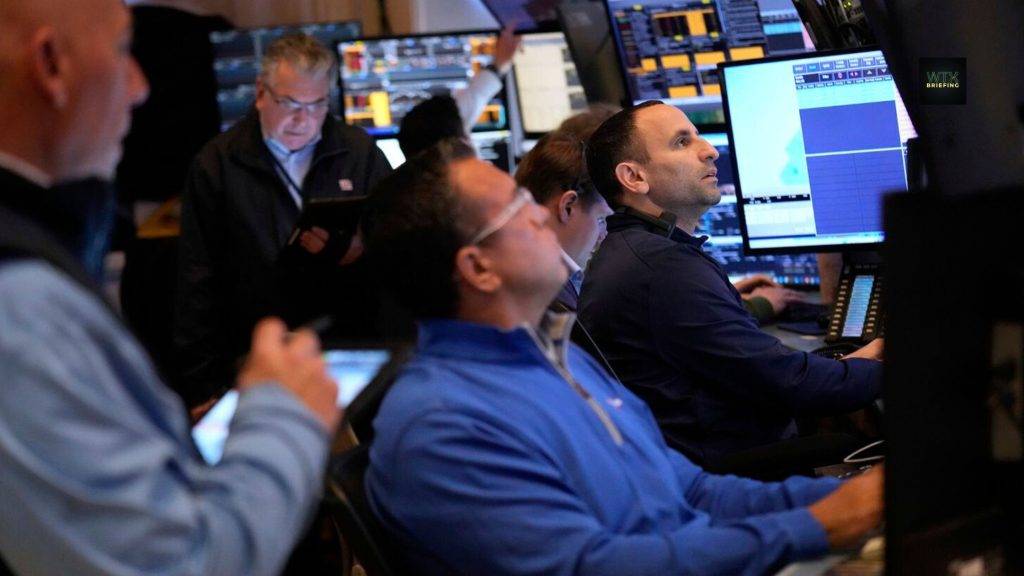Have you ever heard someone talk about “the stock market” and just nodded along, secretly wondering what on earth it actually is? Or maybe you’ve come across the word “tariffs” in the news and thought, that sounds important… but I have no clue what it means. Don’t worry—you’re definitely not alone.
So, what is the stock market? And what are tariffs?
Since Donald Trump announced his ‘Liberation Day’ tariffs you would have heard a lot about the stock markets, them crashing and fears of a global recession. You would have heard a lot of conflicting arguments about who’s paying for the tariffs and what they mean for consumers. We’re breaking down these two big economic buzzwords in a simple, no-stress way. No business degree required!!
What is the stock market?
The stock market is essentially a collection of prices for thousands of companies around the world. When a company grows, it can choose to issue shares, which are like small pieces of ownership in that company. For example, the biggest companies in the UK have shares that are bought and sold on the London Stock Exchange.
These companies’ collective performance is often shared in the form of numbers and data. It can feel overwhelming, but it’s important to understand how it all fits together.

At first, many people think that the stock market doesn’t affect them—especially if they don’t directly invest. However, millions of people have pension plans, either through work or privately. If you have a pension, the money you’re saving could be invested in the stock market by your pension scheme. This means the value of your pension can go up or down depending on how well the companies in the stock market are performing.
So, while big swings in the stock market might impact your pension, it’s worth remembering that investing, including pensions, is usually a long-term game. Over time, the value of your savings will likely grow, even if there are short-term ups and downs.
What are tariffs?
Tariffs are essentially taxes that one country imposes on goods and services imported from another country. Imagine you’re buying a product from abroad, like a toy made in China. If the country you’re buying from adds a tariff, that toy might become more expensive for you to purchase. The idea behind tariffs is often to protect local businesses by making imported goods less competitive in price.

For example, a country might add tariffs on steel to protect its own steel manufacturers from cheaper imports. But sometimes, tariffs can lead to higher prices for consumers or create tension between countries.
Why are Trump’s tariffs affecting the stock markets?
Trump’s Liberation Day tariff announcements created a lot of uncertainty in the stock market because traders and investors don’t always know what to expect next. If there’s talk about raising tariffs, it can mean higher costs for businesses that rely on imported goods, which could hurt their profits. This, in turn, can cause stock prices to fall.
On the other hand, if there’s news that tariffs might be reduced or removed, it can boost investor confidence since companies may pay lower costs for goods and services, which could lead to higher profits and rising stock prices.
Since Trump’s discussions often involve changing trade policies or tensions with other countries, investors keep a close eye on them. These uncertainties can lead to fluctuations in the stock market as people try to predict how tariffs might impact the global economy.
Additional sources
‘Orange Monday’ memes viral as global markets crash over Trump tariffs
International stock markets tumble as Trump calls tariffs ‘medicine’
China announces further restrictions to US entities
Is this a stock market crash? – Business expert opinion


